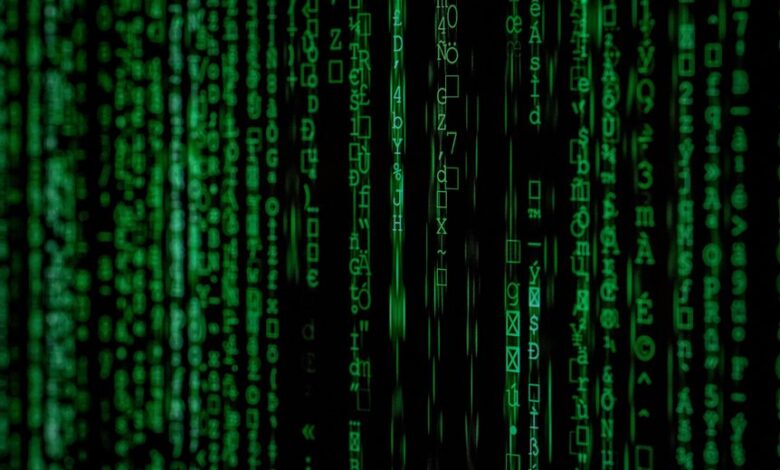Лщььук: Decoding a Digital Code

The term "Лщььук" presents a unique case for analysis within digital code contexts. Its phonetic structure and potential linguistic roots invite scrutiny. Various decoding techniques, including frequency analysis and substitution ciphers, can reveal underlying patterns. This exploration is critical, as it highlights not only the nature of the code itself but also its implications for modern communication security. Understanding these elements may lead to broader insights into the complexities of digital interactions.
The Origins of 'Лщььук': Exploring Its Linguistic Roots
The term 'Лщььук' presents a fascinating case for linguistic analysis, particularly when examining its phonetic structure and potential etymological origins.
Its formation reflects significant linguistic evolution influenced by diverse cultural factors.
The juxtaposition of phonemes may indicate historical interactions among language communities, showcasing how cultural influences shape linguistic development.
Understanding such roots can enhance appreciation for the complexities of human communication.
Techniques for Decoding: Tools and Methods
Understanding linguistic roots provides a foundation for analyzing the complexities involved in decoding terms like 'Лщььук'.
Various decoding algorithms, such as frequency analysis and substitution ciphers, enhance the effectiveness of decoding efforts.
Additionally, cryptographic techniques, including symmetric and asymmetric encryption, offer frameworks for secure communication.
Employing these methods allows for a systematic approach to unraveling the intricacies of digital codes while preserving individual autonomy.
The Significance of Digital Codes in Modern Communication
Digital codes play a crucial role in the fabric of modern communication, facilitating secure and efficient information exchange across various platforms.
Their implementation of digital encryption ensures communication security, safeguarding sensitive data from unauthorized access.
As reliance on digital interactions grows, understanding these codes becomes essential, enabling individuals and organizations to navigate a complex digital landscape while preserving the integrity and confidentiality of their communications.
Conclusion
In decoding 'Лщььук,' one might expect a straightforward revelation of meaning, yet irony lies in the labyrinthine complexity of language and encryption. The very act of unraveling this digital code underscores the paradox of communication; as technology advances, so too do the barriers to understanding. Ultimately, the pursuit of clarity in a world filled with obscurity reveals not only the intricacies of linguistic evolution but also the irony that, in seeking connection, we often deepen our isolation.






